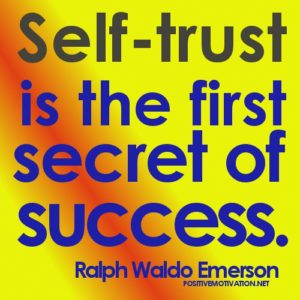May 11 2016
Business Decision Time
Business Decision Time:
COMPRESSION or EXPANSION?
Sometimes it’s a clear-cut conscious decision. Other times, it’s like deciding to eat more or eat less depending on your mood, the notches on your belt and what’s put on the table in front of you.
But the bottom line is that –in business– while many factors and variables need to be weighed, too much time is often wasted deliberating, which serves to host that dreaded government disease: “Analysis Paralysis” . . . where nothing ever gets done, or even decided.
When you look carefully at the downside possibilities of either a business expansion or compression option (vs. potential rewards) –and determine that the risk involved is reasonable— AND when you see a clear path for taking a first step: take the damn first step!
If it doesn’t seem to be working as you imagined, make adjustments — to the path and/or your imagination.
Change The Towel!
Are you convinced the direction is right? Whether you answer yes or no (unless you see insurmountable financial or legal odds stacking up), don’t be so quick to throw in the towel when something goes awry. Instead, change the towel!
What do you learn from listening (which needs to be 80% of the time) to what your existing and prospective customers say about the towel? What’s their take on the changes you make in product or service or facility or staff or pricing or value?
Take away what you hear and learn and adjust the size, and/or the shape, and/or the color, and/or the consistency . . . then take a second step.
“Nobody counts
the number of ads you run;
they just remember
the impression you make.”
— William Bernbach, All-Time Madison Avenue Ad Agency Guru
[With special thanks for the reminder and source to @DigitalShawn on Twitter]
And get yourself in stride for what may turn out to be an endless road of adjustments. While government decision-makers (and competitors of the same mindset) assess and evaluate and review and consensus- seek and never move forward, you can be light-years ahead.
Go for it! It’s all a matter of choice. And the choice to stand still, or to shrink or expand your business is always yours! Don’t belabor it. Be FEARLESS! Trust yourself.
# # #
hal@businessworks.US
STRATEGY/ CONTENT/ CONNECTION
Higher impact. Lower costs.
——————-
Business Development/ National-Awards/ Record Client Sales
Entrepreneurship & Expansion Coaching 931.854.0474
Go for your goals, thanks for your visit, God Bless You!
OPEN MINDS OPEN DOORS
Make Today A Great Day For Someone!





























